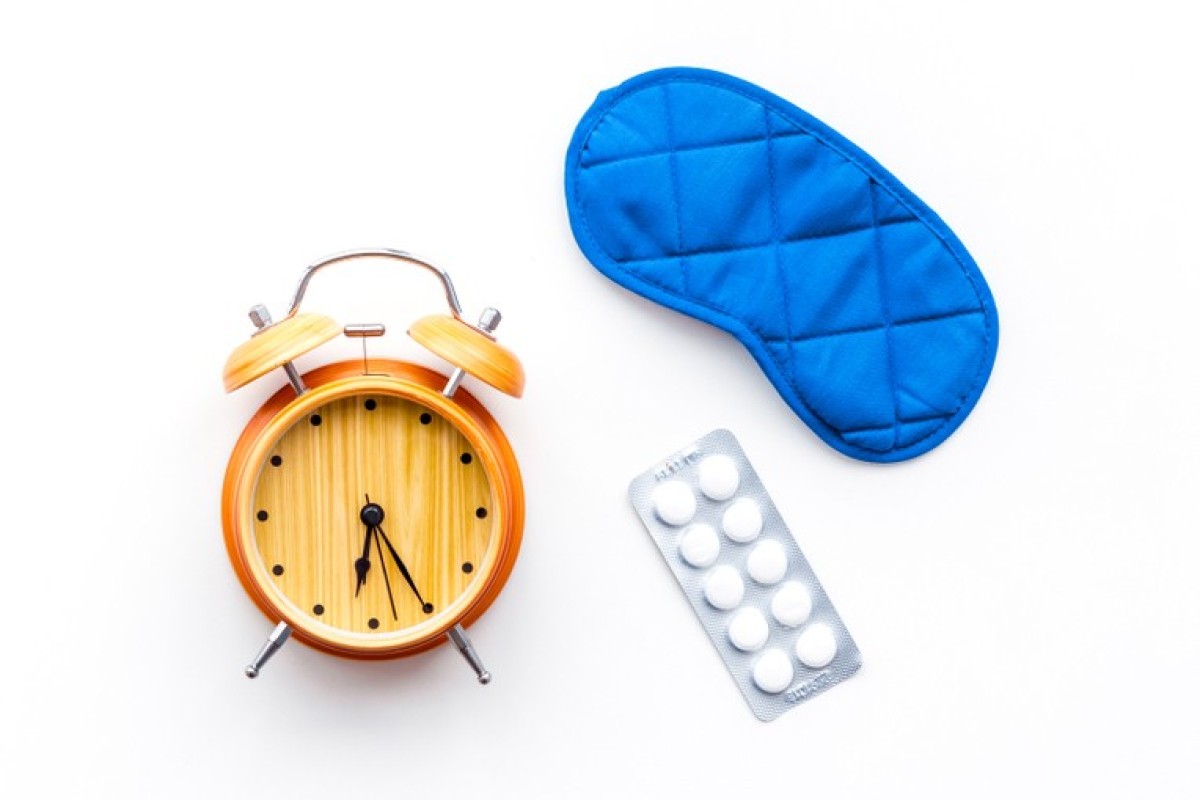
Letters from the Dorm: What to do when you get sick while you're on a study abroad programme
Prevention is always better than cure, especially when you are in a foreign country. Here are some tips to help you stay safe and healthy

Studying overseas is an exciting experience. You can have lots of fun and there are many things to see and explore. But the worst thing about studying overseas is getting sick in a foreign country. If, in future, you find yourself in this situation, here’s some advice on how to cope.
Be prepared
There’s an old saying that goes: “An ounce of prevention is worth a pound of cure.” This means stopping something before it starts is better than fixing it when it’s here. If you know you have a problem, such as asthma or allergies, make sure you have some medicine with you whenever you go out.
Understand the local medical system
Different countries have their own medical systems, not to mention having different ways of dealing with international students. If you’re studying in the US or Britain, their system is more complicated than the one in Hong Kong. If you have a local friend, ask them on what do to do if you ever find yourself in a local hospital. If you don’t, think about asking a senior student who has been here longer than you have.
In addition, it would be useful to have an idea about the best hospital, medical centre, and pharmacy in your area.
Carry a copy of your medical information
A lot of people panic about not be able to fully explain their condition to the doctor when they become sick in a foreign country. To avoid this, have your medical information, such as blood type, allergies and the medication you are taking, in your wallet. This will be very useful, especially if you have serious allergies, or if you are too sick to talk.
Letters from the Dorm: How law school is helping to improve my writing skills
When you get sick
If you fall ill, depending on where you are, you may receive medical care which might be quite different from Hong Kong. While you should respect the knowledge of the doctors (they’re the experts, after all), don’t be afraid to speak up if you think there’s a problem with the treatment you’re being given, or anything else you’re not comfortable with.
Don’t call your family right away
Unless your parents are medical experts, don’t call them as soon as you find out that you have, for example, a fever. There’s not much they can do, since you are thousands of kilometres away. Don’t get me wrong – I am not saying that you should never tell your parents about you being sick, just that there’s no reason to make them worry unnecessarily if you are only a little bit unwell. Rest and drink plenty of fluids, and you’ll be up and about in no time.
If it’s a serious illness, do tell your parents immediately. You might need their advice and support on what to do, and they might feel sad you did not choose to tell them.
Of course, there’s no way that you can ever be fully prepared against falling sick in a foreign country, but taking precautions will certainly help you cope with such situations better.